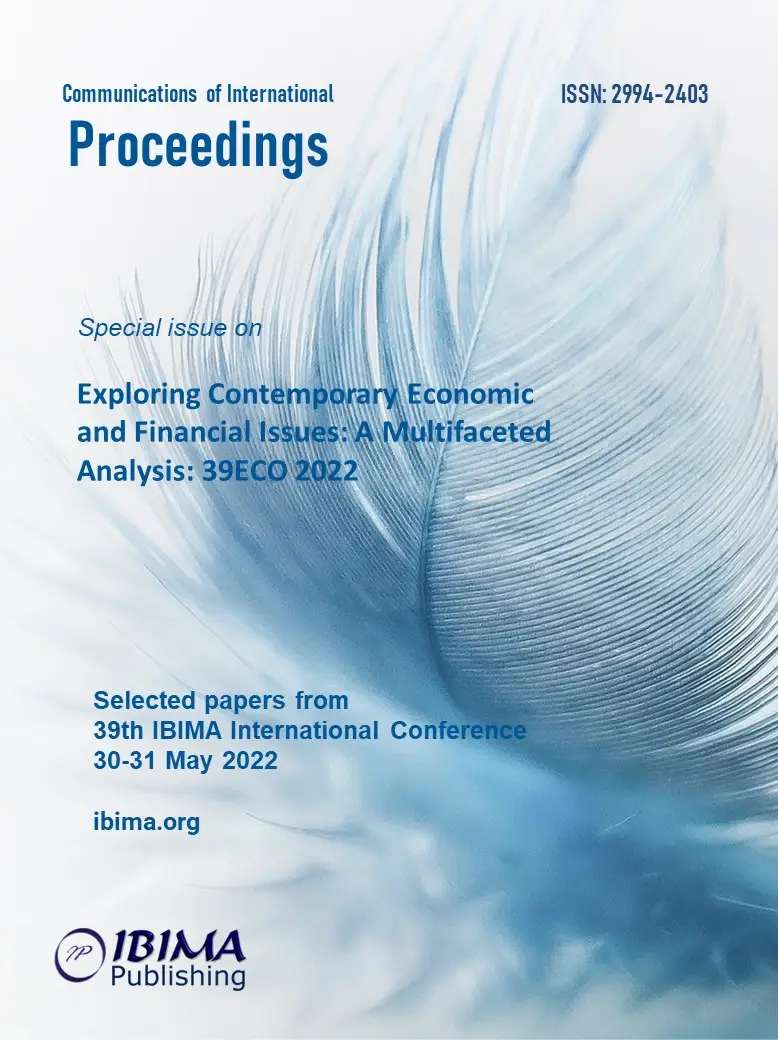
Belinda LI, Nadia SPRINGLE, Tammara SOMA and Tamara SHULMAN
Simon Fraser University, Burnaby, Canada,

Compostable plastic food packaging and foodservice ware is gaining traction as an alternative to petroleum-based plastics and is being considered within institutional sustainability strategies. However, compostable plastics present their own complex challenges and limitations to sustainability across their lifecycle and may in some cases hinder the development of a circular economy. Using a social innovation lab approach, this research explored the challenges and opportunities of compostable plastic food packaging and foodservice ware from a systems perspective. This study draws upon the findings from key informant interviews (n= 28) and three social innovation workshops on “understanding the systems”, “designing the solution”, and “understanding the intervention” with diverse stakeholders from across the food and packaging system in Canada and some in the United States. Results from the workshop and interviews identified regulatory and infrastructural issues as well as confusion as a result of the lack clear standards in the country. Concerns were also raised around the source of compostable plastic feedstock, and whether single use compostable plastics truly supported a circular food economy. The findings from this research informed recommendations for improving the use and management of compostable plastic feedstocks; standards and regulations; explored waste management options such as extended producer responsibility; and addressed sustainability and single-use item reduction more broadly as a counter to the “take, make, and dispose” model.